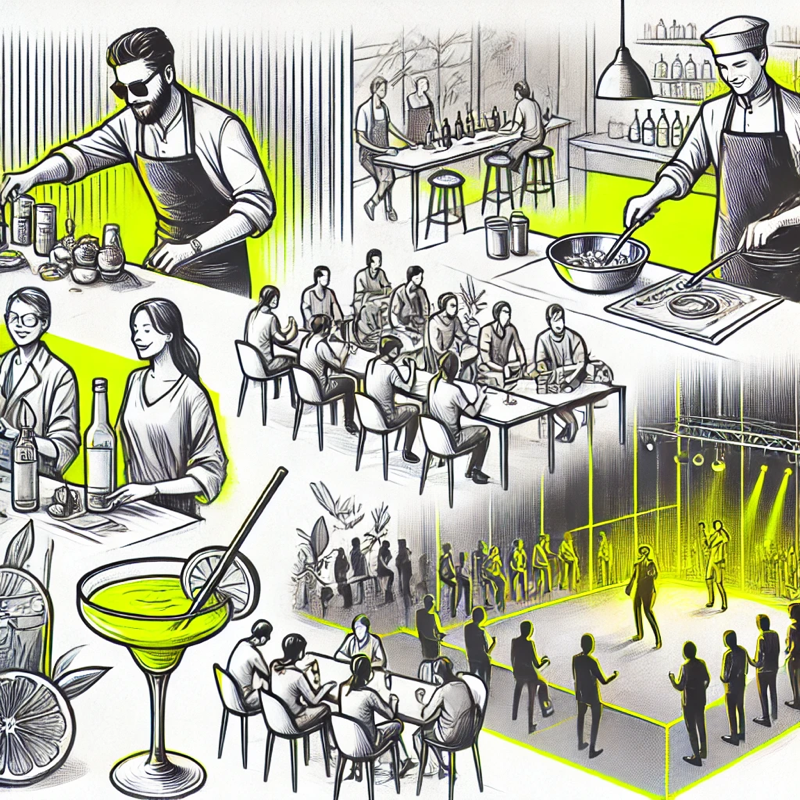The Rise of Experiential Marketing in Hospitality
- Benoit Lavaud
- Dec 3, 2024
- 2 min read
Updated: Dec 5, 2024

Experiential marketing is a powerful strategy that immerses guests in a variety of memorable activities, effectively fostering deep emotional connections between the brand and its audience. By engaging individuals in unique and interactive experiences, brands can transcend traditional marketing methods that often rely on passive consumption of information. Instead of merely presenting products or services, experiential marketing invites participants to actively engage, explore, and interact in ways that resonate on a personal level.
Hosting events such as tastings, workshops, or live performances plays a crucial role in enhancing brand engagement. For instance, a wine brand might organize a tasting event where guests not only sample various wines but also learn about the intricate process of winemaking from knowledgeable sommeliers. This not only educates the guests but also allows them to appreciate the craftsmanship behind the product, fostering a deeper connection to the brand. Similarly, workshops can provide participants with hands-on experience, such as cooking classes led by renowned chefs, where they can use specific ingredients from a brand, thereby creating a direct association between the brand and the enjoyable experience of learning and creating.
Live performances, whether they are concerts, art installations, or theatrical productions, offer another avenue for brands to engage their audience. By sponsoring or hosting such events, brands can create a vibrant atmosphere that encourages guests to immerse themselves fully. These experiences are not just about entertainment; they evoke emotions, stimulate conversations, and create shared memories among attendees. As guests enjoy these activities, they are likely to form positive associations with the brand, viewing it as a facilitator of memorable moments in their lives.
The lasting impressions created through these immersive experiences are invaluable. Guests are more likely to remember and talk about a brand that has provided them with a unique and enjoyable experience. This word-of-mouth marketing can extend the reach of the brand far beyond the initial event, as attendees share their experiences with friends, family, and on social media platforms. Consequently, these emotional connections not only enhance customer loyalty but also encourage repeat business, as guests are drawn back to a brand that has previously enriched their lives through engaging experiences.
In summary, experiential marketing is not just about promoting a product; it is about creating a rich tapestry of experiences that resonate deeply with consumers. By hosting engaging events such as tastings, workshops, or live performances, brands can cultivate meaningful emotional connections with their audience, leading to lasting impressions that significantly enhance brand loyalty and overall engagement.